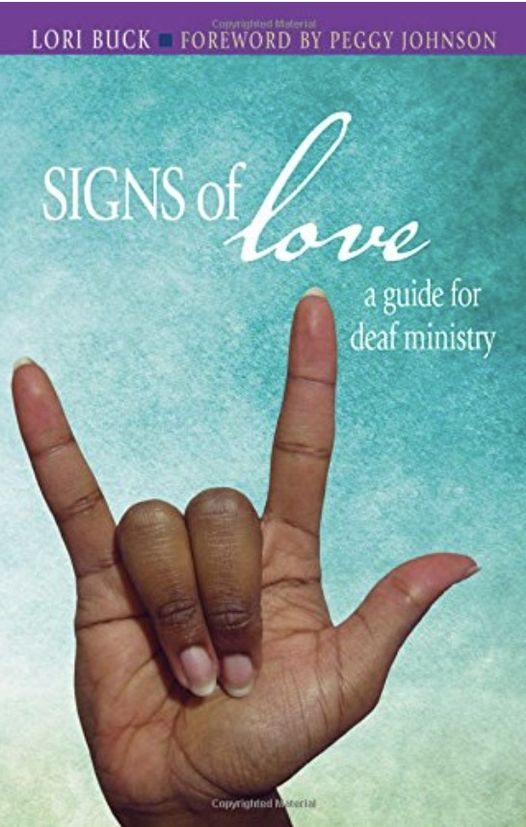
Deaf African-Americans
From Deacon Gene
Lori Buck, the author of Signs of Love: A guide for deaf ministry, describes Deaf African American experiences in society and in worship. Identify, and lists and reflects on some of these Black Deaf experiences.
Buck (2014) articulates at least four specific aspects of Black Deaf experiences:
- facing the “dual challenge” of being part of two minorities (p. 11)
- less use of sign language in their childhood homes (p. 10)
- historically sent to segregated and substandard schools (p. 10)
- less choices of churches which are accessible (p. 12)
The experience of the individual who is Deaf and Black begins with a disadvantage that is both historic and systemic. They are on average exposed to less accessible language when young, which can have a life-long impact. Buck writes, “. . . a Deaf child of an ethnic minority group has significantly reduced opportunities for communication, which may contribute to an eventual academic disadvantage. Statistically, Deaf minorities who finish high school are less likely to attend college” (p. 10).
How might that impact on their faith-related education and youth experiences of church and worship? The answer is probably obvious. And then as adults, the choices for worship may be less. Less houses of worship that are culturally respectful of African-American culture, for example, or less likely to have interpreters (or skilled interpreters) because of the finances involved with that.
The dual minority status cannot be minimized. The “school to prison pipeline” that has been revealed as a real and unholy social phenomenon by research and authors, is a primary example. I point this out because I was asked a number of years ago to do a training in an infamous and very large NYC jail for inmates who were Deaf or blind. The experiences stayed with me. Driving to the island that housed the prison, I sat with the assistant city commissioner, a Black woman. As we chatted, I could see she was a compassionate woman, but she had no understanding of people who were disabled or Deaf, and she had very little control over a system that too-easily incarcerated people. Every single Deaf person incarcerated was Black or Hispanic. It is ironic that the US prison system started as a reforming institution with religious intent as well a fervor, and now acts as public housing to many Black people including an outsize number of Deaf Black individuals. Gillard opined in his book, Rethinking Incarceration, “Therefore, as we move toward restorative justice, we must confess that our criminal justice system is, and has been, inextricably bound to race and class.” (p. 165)
References
- Buck, L. (2014). Signs of Love: A guide for Deaf Ministry (Kindle ed.). Valley Forge, PA: Judson Press.
- Gilliard, D. D. (2014). Rethinking Incarceration: Advocating for Justice that Restores: IVP.
- Nelson, L., Linda, D. (2015, February 24). The school to prison pipeline, explained. Retrieved from https://www.vox.com//2015//2//24//8101289//school-discipline-race/.

